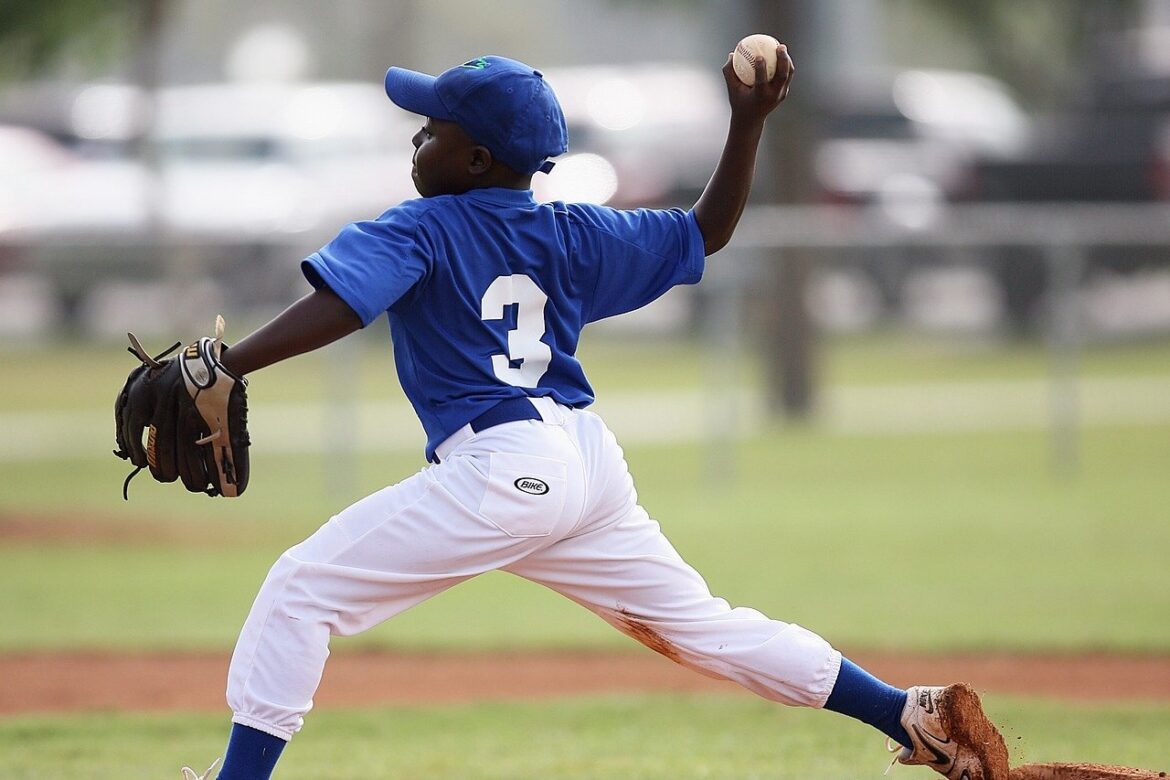Does sleep matter?
Coming off of March, which is National Sleep Awareness Month, we feel like it is important to discuss the importance of sleep in athletes. Athletes (and all people to be honest) need high quality and quantity of sleep to ensure they are both performing and recovering well. In athletes, good sleep has been shown to enhance their future performance. Lack of sleep has negative effects on nearly every facet of an athlete’s performance. These include slower reaction times, decreased cognitive ability, and increased injury rates. In Physical Therapy, we aim to improve an individual’s performance capability and decrease their injury rate. Sleep is a critical component to the success an athlete has, specifically as a throwing athlete. As athletes get older and more involved in their sport, sleep falls to the bottom of the priority list. We get asked often, does my athlete need sleep?
How much sleep do I need?
Studies show that individuals need between 8-10 hours of sleep per night to promote proper rest and rehabilitation. For athletes, this is also essential in allowing for recovery from the stresses of throwing and training. Studies have shown proper sleep aids our immune system and allows us to focus more time on on-field performance.
Sleep tips
To promote proper sleep hygiene, individuals should implement good sleep habits. To begin with, individuals must create a consistent sleep schedule to allow the body to adapt to these changes and get into a routine. Our human body has a circadian rhythm that regulates the sleep-wake cycle. When our bodies are on a consistent sleep-wake cycle, the human brain can release melatonin, to improve overall sleep.
Another way to improve the quality of sleep in maximizing performance is to make sure sleeping areas are cool and dark. Studies continue to show that the ideal sleeping temperature is between 60-67 degrees. Check the thermostat to make sure it is within this range. We also want to make sure the room is dark. When light hits our closed eyelids, this prompts the brain to wake up during its sleep cycle. Disturbances in your sleep due to light impact the sleep cycle. It is also important to be mindful that the sleeping room should be quiet. A quiet, dark setting for sleep will help contribute to an optimal sleep cycle.
Throwing a ball for the overhead athlete is very stressful to the human body. Athletes should be utilizing every way possible to ensure maximal safety as well as taking every opportunity to improve their performance. Sleep is one of these aspects athletes can control each day and should be looking to maximize their sleep to improve their overall performance and decrease injury rates.
Freedom Physical Therapy Services offers a Throwing Analysis and Performance Program to help your throwing and overhead athlete improve their skills and prevent injury. Learn more information here.

